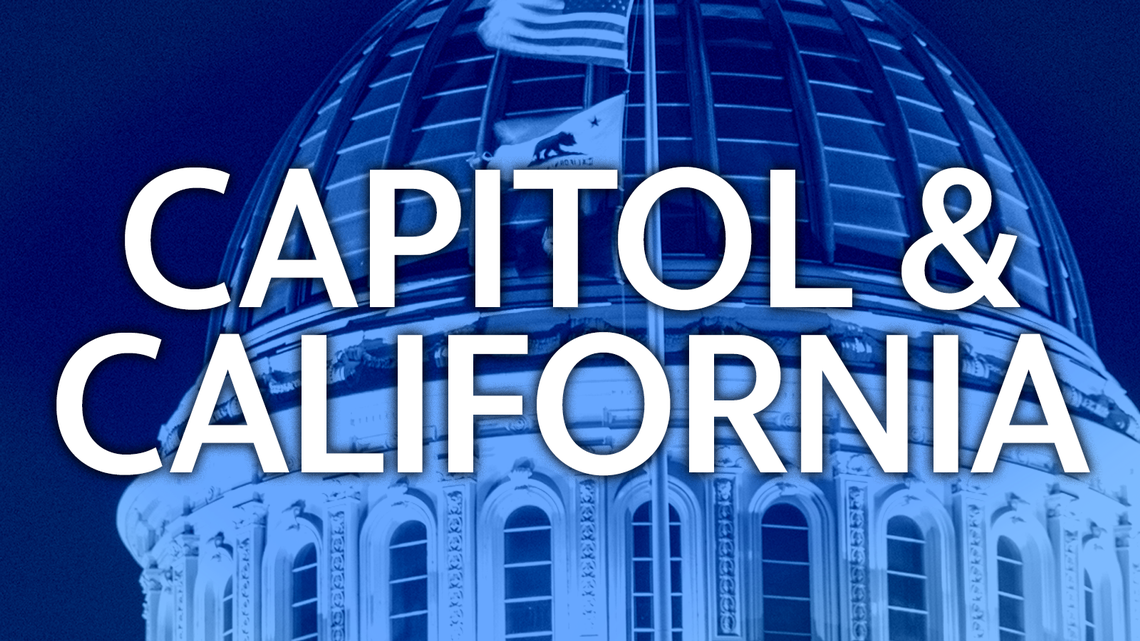‘Where are people going to live?’ Californians will vote (a third time) on rent control

- Oops!Something went wrong.Please try again later.
- Oops!Something went wrong.Please try again later.
Happy Monday, and welcome to the AM Alert!
COSTA-HAWKINS ON THE BALLOT YET AGAIN
California voters in 2024 will once again consider repealing a law that limits cities’ ability to expand rent control.
The Secretary of State’s Office last week announced an AIDS Healthcare Foundation initiative to repeal the 1995 Costa Hawkins Rental Housing Act had gathered enough signatures to be eligible for the November 2024 ballot. This marks the third time in four elections the Foundation has appealed to Californians to end the law.
Costa Hawkins bars localities from limiting rental increases on apartments and single-family homes built after 1995. Local leaders also cannot keep landlords from raising rents for new tenants.
The Foundation gathered more than 800,000 signatures in favor of the ballot measure, according to the Secretary of State’s Office. It needed 601,317 valid signatures for voter consideration.
Californians in 2018 and 2020 struck down similar rent control ballot measures following expensive opposition campaigns from real estate and landlord interest groups.
INSIDE NEWSOM’S PLAN TO REVAMP SAN QUENTIN
Lawmakers and activists initially balked at Gov. Gavin Newsom’s plan to use $380 million to build a “rehabilitation campus” at San Quentin, California’s oldest state prison. The proposal lacked details, they said.
But after some negotiation, the revamp is moving forward. The prison, once home to the country’s largest death row, will become the San Quentin Rehabilitation Center, part of Newsom’s push to rethink incarceration. The complete picture still isn’t clear. But at a media tour at the prison on Wednesday some new details were revealed.
Located just across the Golden Gate bridge from San Francisco, San Quentin State Prison has never been at a loss for volunteers to staff the hundreds of educational and career programs, a spokeswoman said. But their reach is constrained by space.
For example, 250 inmates are on a waitlist for Mount Tamalpais College, a free school within San Quentin’s walls. It will likely be a year before they can win a spot in the classroom. The new “rehabilitation campus” will provide 100,000 square feet of programming space, aiming to reduce waitlists and get more inmates into education and career programs. San Quentin spokespeople were unable to confirm just how many more people would be served in the new facility.
ALL ABOUT THE COWS ACT, BROUGHT TO YOU BY SEN. PADILLA
Policymakers are getting creative to reduce cows’ massive impact on our warming planet. The manure-focused policies may not be glamorous, but they are chipping away at potent methane emissions.
Sens. Alex Padilla and Sherrod Brown, D-Ohio, introduced the Converting Our Waste Sustainably, or COWS, Act. The legislation would expand a popular California grant that helps ranchers and farmers upgrade how they deal with manure to reduce methane emissions. A companion bill was introduced by two California representatives in the House.
Most dairy and livestock operations dump manure into big pits, or lagoons, where it releases methane, which traps 80 times more heat in the atmosphere than carbon dioxide, as it decomposes.
A 2016 state law called for a 40% reduction in dairy and livestock manure emissions by 2030. The next year, California’s Department of Food and Agriculture established the grant program that inspired the federal legislation to help farmers and ranchers invest in alternative, more efficient ways to deal with manure.
“The whole world is calling us and asking, what is California doing that is working so well?” said Frank Mitloehner, director of the Clarity and Leadership for Environmental Awareness and Research at UC Davis. He said the alternative methods are responsible for 2.5 tons of greenhouse gas emission reductions so far, one-third of the 2030 goal.
So far, 147 dairies have used the funding to change their manure processes. Two to three times as many have applied.
“It’s been very popular — and oversubscribed — at the state level,” said Lynne McBride, executive director of the California Dairy Campaign and California Farmers Union.
The program may be so popular because of the cost savings. Luciana Jonkman, owner of Diamond J Dairy, received $600,000 to buy equipment to upgrade her manure management. She estimates that she’s saved at least $200,000 in the five years since.
Agriculture is the single largest source driving methane emissions in the US, and quarter of those emissions come from manure management, according to the EPA.
Via Grace Scullion
QUOTE OF THE DAY
“Prosecutorial Misconduct!” Former President Donald Trump, via Truth Social
Best of The Bee:
Being known as a leader in our country — and throughout the world — is a point of pride for this state. Many of our out-of-the-box policies that improve the lives of Californians are one step ahead of the rest of the country. Except when it comes to homelessness, via Carolyn Coleman.
If California Governor Gavin Newsom is searching for a reparations agenda that has broad appeal, he will need to expand what the movement is all about and focus on policy reforms that would improve the lives of Black Californians as well as people of various races, via Tom Philp.

